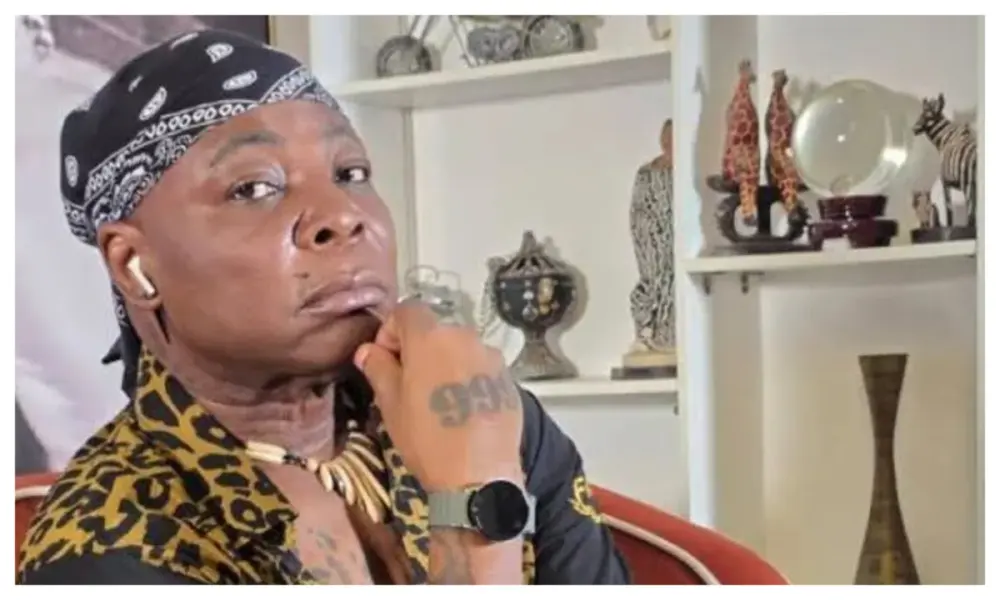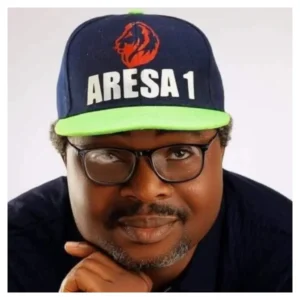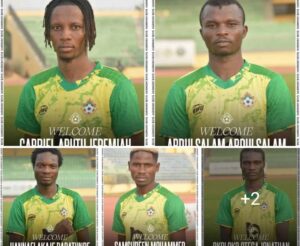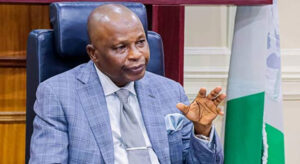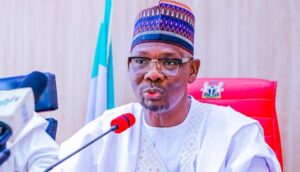Nigerian musician and activist, Charly Boy, has stirred fresh controversy over the identity of Lagos. This comes after the Bariga Local Council in Lagos State changed the name of a bus stop originally named after him. The new name now honors famous rapper Olamide, also known as Olamide Baddo.
Charly Boy, whose real name is Charles Oputa, expressed displeasure over the change and declared that Lagos is a “no man’s land.” He compared Lagos to New York City, suggesting that it belongs to everyone, regardless of tribe or origin.
His comments drew sharp reactions online, especially from government officials. One of those who responded strongly was Lere Olayinka, Senior Special Assistant on Public Communications and Social Media to the Minister of the Federal Capital Territory, Nyesom Wike. Posting on X, Olayinka mocked Charly Boy’s position and challenged him to contest for the Oba of Lagos throne if he believes Lagos doesn’t belong to anyone.
In a sarcastic tone, Olayinka told Charly Boy that he could also run for other royal titles like the Osolo of Isolo, Olu of Mushin, or Oniru. He listed several traditional Yoruba leadership titles and questioned whether they were created in Charly Boy’s language, not Yoruba.
This exchange between Charly Boy and Wike’s aide has revived ongoing debates about the roots and ownership of Lagos. While many believe that Lagos, being a major commercial city, is home to all Nigerians, others argue that it has a deep cultural history rooted in Yoruba heritage.
The bus stop name change may seem small, but it has reopened conversations about identity, ownership, and tradition in one of Africa’s busiest cities. As Nigeria continues to grow more diverse, these questions are likely to come up more often, especially in cities like Lagos that serve as melting pots for different cultures and backgrounds.
